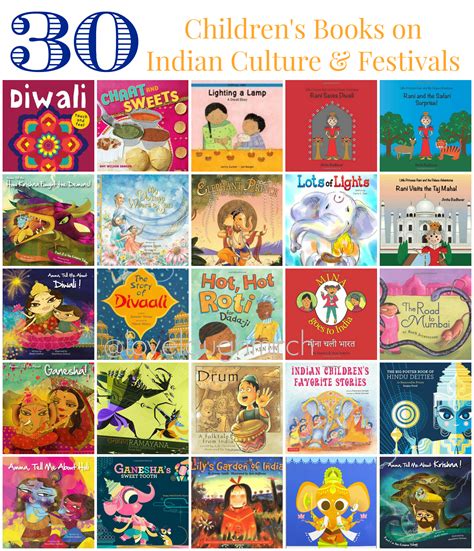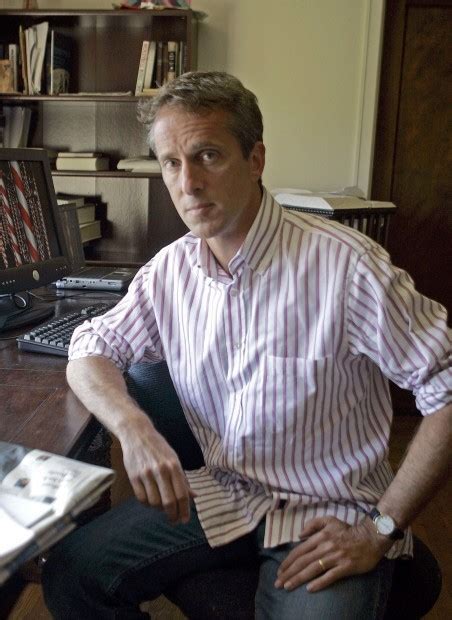A Quote by Fidel Castro
I think that a man should not live beyond the age when he begins to deteriorate, when the flame that lighted the brightest moment of his life has weakened.
Related Quotes
In any given moment, a man's growth is optimized if he leans just beyond his edge, his capacity, his fear. He should not be too lazy, happily stagnating in the zone of security and comfort. Nor should he push far beyond his edge, stressing himself unnecessarily, unable to metabolize his experience. He should lean just slightly beyond the edge of fear and discomfort. Constantly. In everything he does.
There came to him an image of man’s whole life upon the earth. It seemed to him that all man’s life was like a tiny spurt of flame that blazed out briefly in an illimitable and terrifying darkness, and that all man’s grandeur, tragic dignity, his heroic glory, came from the brevity and smallness of this flame. He knew his life was little and would be extinguished, and that only darkness was immense and everlasting. And he knew that he would die with defiance on his lips, and that the shout of his denial would ring with the last pulsing of his heart into the maw of all-engulfing night.
The mind, by its very nature, persistently tries to live forever, resisting age and attempting to give itself a form... . When a person passes his prime and his life begins to lose true vigor and charm, his mind starts functioning as if it were another form of life; it imitates what life does, eventually doing what life cannot do.
But there's the rub. The present can never deliver one thing: meaning. The way of happiness and meaning are not the same. To find happiness, a man need only live in the moment; he need only live for the moment. But if he wants meaning--the meaning of his dreams, his secrets, his life--a man must reinhabit his past, however dark, and live for the future, however uncertain. Thus nature dangles happiness and meaning before us all, insisting only that we choose between them.
The man who accepts Western values absolutely, finds his creative faculties becoming so warped and stunted that he is almost completely dependent on external satisfactions, and the moment he becomes frustrated in his search for these, he begins to develop neurotic symptoms, to feel that life is not worth living, and, in chronic cases, to take his own life.
You have to do your best to face every moment, because this moment will never come again. The moment that you are living right now is a very important opportunity to make your life vividly alive. If you want to live with spiritual security in the midst of constant change, you have to burn the flame of your life force in everything you do.
We believe that we live in the 'age of information,' that there has been an information 'explosion,' an information 'revolution.' While in a certain narrow sense this is the case, in many important ways just the opposite is true. We also live at a moment of deep ignorance, when vital knowledge that humans have always possessed about who we are and where we live seems beyond our reach. An Unenlightenment. An age of missing information.
Who is it who decides that one man should live and another should die? My life wasn't worth any more than his, but he's the one who's buried, while I get to enjoy at least a few more hours above the ground. Is it chance, random and cruel, or is there some purpose or pattern to all this, even if it lies beyond our ken?" -Roran
I may chance have some odd quirks and remnants of wit broken on me, because I have railed so long against marriage: but doth not the appetite alter? a man loves the meat in his youth that he cannot endure in his age. Shall quips and sentences and these paper bullets of the brain awe a man from the career of his humour? No, the world must be peopled. When I said I would die a bachelor, I did not think I should live till I were married.











































